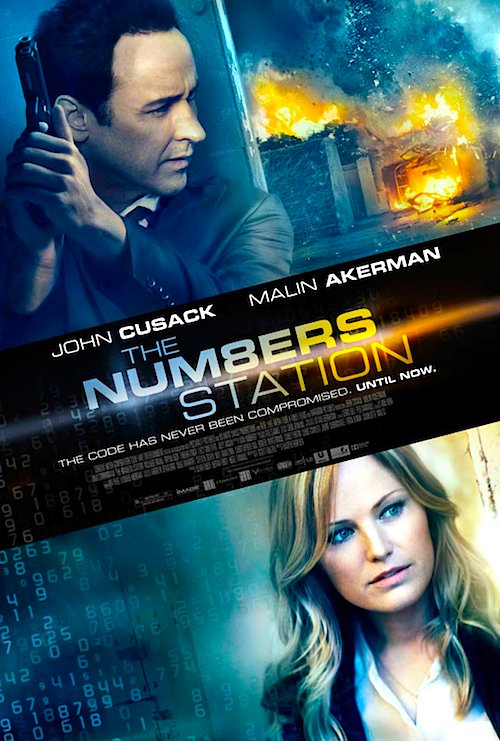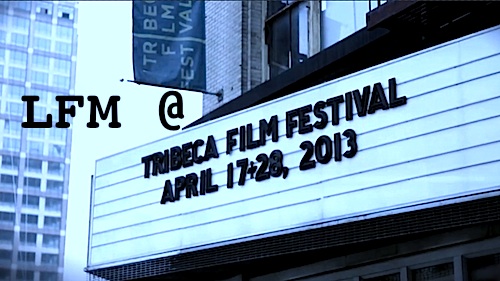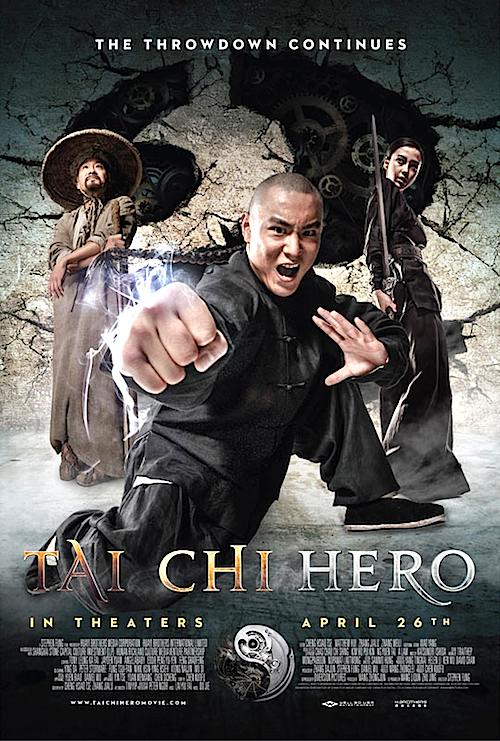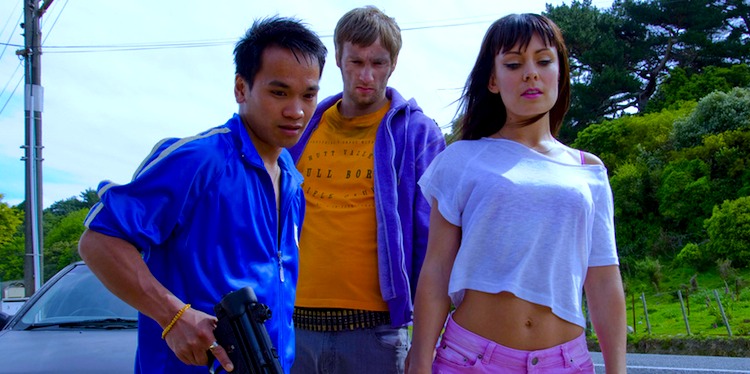By Joe Bendel. Forget about the jocks, the CIA prefers to recruit math geniuses. If they happen to be drop-outs with socialization issues, so much the better. Of course, they still need people who can kill – but any old losers can do that, even someone who looks like John Cusack. Unexpectedly, one such field agent babysitting a remote code transmitter will have to do what he does best in Kasper Barfoed’s The Numbers Station, which opens tomorrow in New York.
Short wave radio is untraceable, making it the perfect format to convey messages to operatives in the field. Periodically, conspiracy nuts and Democracy Now listeners get all worked up about mysterious “Number Station” broadcasts. Typically, they are simply a series of numbers that have no meaning to listeners without the code. After a dirty job gets downright ugly, Emerson Kent is reassigned to a station somewhere in the English countryside. He provides personal security to Katherine, who analyzes incoming code and reads out the resulting number sequences. Neither he nor she has any idea what any of it means.
 Typically, they alternate with the other team every three days. However, when they arrive a few hours early in accordance with their new schedule, they find the station under siege. Thanks to Kent’s skills they are able to hole-up in the station. Ominously, though, they discover fifteen unauthorized messages have been sent.
Typically, they alternate with the other team every three days. However, when they arrive a few hours early in accordance with their new schedule, they find the station under siege. Thanks to Kent’s skills they are able to hole-up in the station. Ominously, though, they discover fifteen unauthorized messages have been sent.
A film like Numbers Station would do so much more business if it actually celebrated CIA agents’ service and sacrifice for their country. There are now 103 stars on the Memorial Wall in Langley commemorating officers who have fallen in the line of duty. However, screenwriter F. Scott Frazier is unmoved by that, preferring to represent as the Agency in the person of Kent’s boss, the ruthless Michael Grey, who constantly growls euphemistically about tying up loose ends. Those 103 stars deserve better than that, Mr. Frazier.
It is a shame too, because Numbers Station is a pretty tightly executed cat-and-mouse-game thriller. Barfoeld uses the claustrophobic constraints of the station bunker to build tension, shying away from conventional action sequences. Both couples’ developing extracurricular attractions also ring true, given the intimacy of their working environment.
Frankly, John Cusack is pretty convincing as the guilt-ridden, clinically depressed black ops agent. Perhaps Barfoed was reading a list of his recent direct-to-DVD credits to him off-camera. Likewise, Malin Akerman proves she can credibly play smart and attractive simultaneously, which should put her on a short list for bigger and better roles. Unfortunately, the usually super-cool Liam Cunningham is largely wasted as the generically villainous Grey.
Numbers Station features some better than average chemistry and respectable thriller mechanics. However, the constant demonization of the intelligence service is clumsy, didactic, and clichéd. Frankly, it is so familiar it makes a film with a few new ideas still feel old hat. The victim of its own self-sabotage, The Numbers Station opens tomorrow (4/26) in New York at the AMC Empire.
LFM GRADE: C
Posted on April 25th, 2013 at 11:12am.




